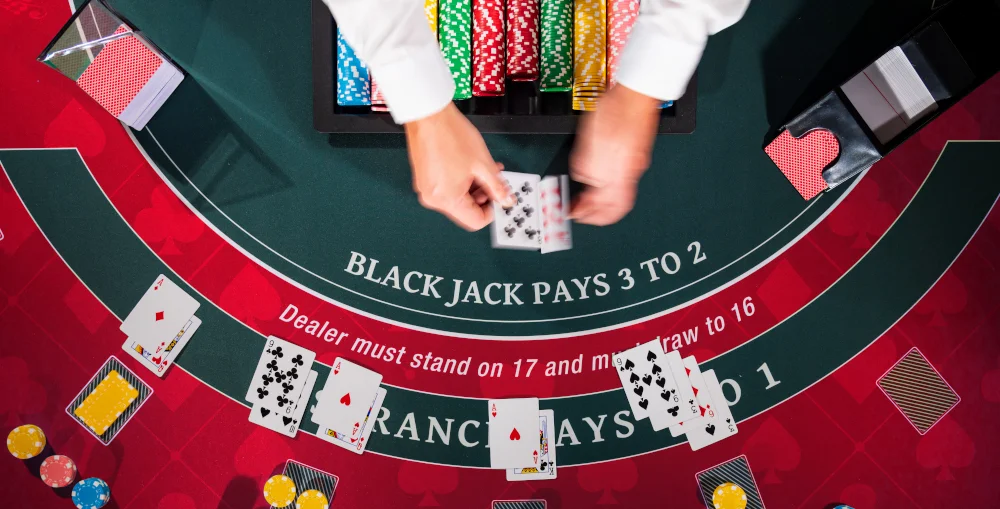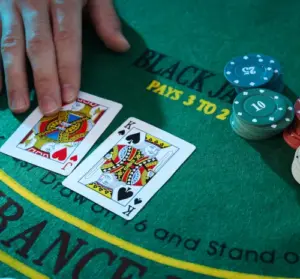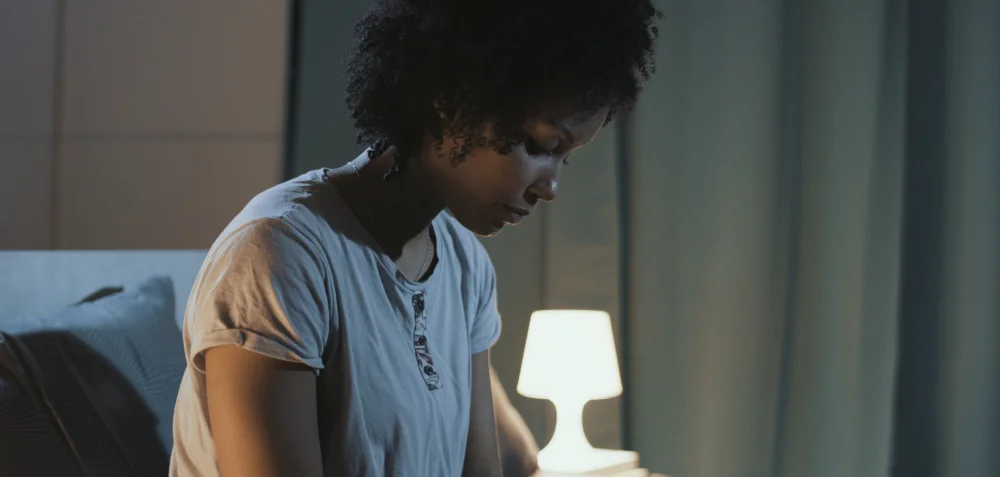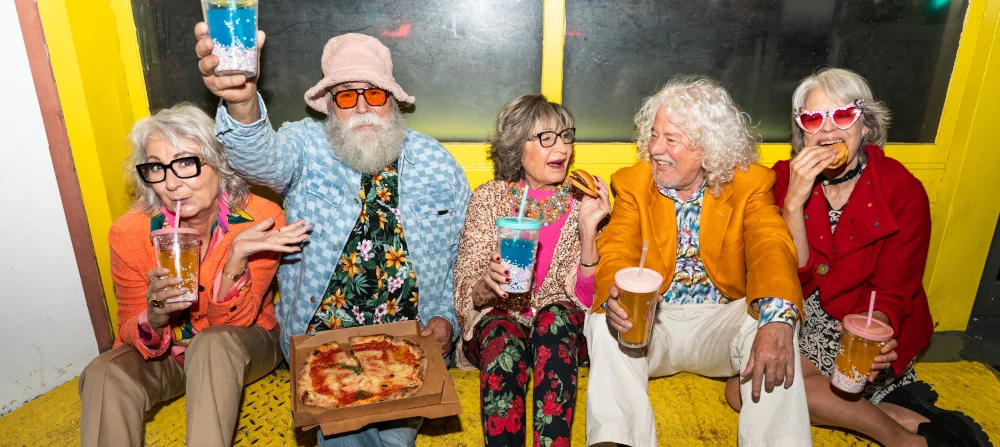
It’s just after 8 a.m. on a Wednesday in central Durban. While most of the city is still warming up for the day, taxis pulling into rank, shop shutters creaking open, a quiet room above a faded shopfront is already in motion. Ten people stand around a felt table, cards flicking back and forth under careful, deliberate hands. No money changes hands here. Not yet. But the stakes, in their own way, feel just as real. This is one of Durban’s lesser-known casino dealer schools. Not officially attached to any major casino group, not advertised in neon on social media. Just a small, independently run training space where future croupiers, blackjack dealers, and roulette operators learn their trade.
For outsiders, casino work is often painted in extremes, the glitzy, high-roller floors of international resorts or the stereotype of late-night betting dens. What rarely gets talked about is how much quiet skill and discipline go into dealing cards, spinning wheels, and running tables. And in South Africa, the journey into that world often starts in rooms like this. Dealer schools in cities like Durban, Johannesburg, and Cape Town operate mostly under the radar. They don’t always have shiny websites. Some are run by ex-casino staff looking to pass on their knowledge. Others are small private businesses filling a training gap that bigger casino brands don’t always cover. “It’s like learning to dance, but your feet don’t move,” says a former Suncoast dealer who now teaches part-time. “Everything’s about rhythm, precision, and not letting your hands show what you’re thinking.”
The students in his class come from all walks of life. Some are young, fresh out of school or college, looking for a way into steady work in a country where unemployment rates make job hunting feel like rolling dice blindfolded. Others are older, retraining after retrenchments or looking for a second shot at stable income. For all of them, the appeal is the same, casino work offers something many industries in South Africa can’t promise anymore, regular shifts, cash tips, and in some cases, the possibility of working abroad.
But there’s no shortcut. Becoming a professional dealer takes more than just knowing the rules of blackjack or roulette. It’s about muscle memory, control, and understanding the subtle social dance between player and dealer. “You can’t look nervous. Ever,” says one of the trainees. “Even when someone’s betting big money. You have to keep your face like glass. Calm.”
That control is tested from day one. In class, students practice shuffling for hours before they’re allowed to deal a single hand. Cards must be shuffled and cut a specific way, with no flashes, no fumbles. Then comes chip handling, learning to stack, split, and slide chips without dropping them, even under pressure. The school runs mock games using play chips, but the instructors lean into real-world tension. There’s music playing in the background, deliberately loud. There’s talking, mild heckling, all part of getting students used to the noise and rhythm of a live casino floor.
 It’s not just about the mechanics. There’s an art to dealer presence, how to stand, how to hold eye contact without inviting argument, how to politely shut down a player pushing too hard. “You have to learn how to hold a table,” he says. “That’s as important as knowing when to pay or collect.”Not everyone makes it through. The dropout rate in some independent dealer schools is high. Some can’t handle the hours of repetition. Others realize quickly that the glamour of casino work is mostly myth. It’s late nights, long stretches on your feet, handling both winners and losers with the same calm voice.
It’s not just about the mechanics. There’s an art to dealer presence, how to stand, how to hold eye contact without inviting argument, how to politely shut down a player pushing too hard. “You have to learn how to hold a table,” he says. “That’s as important as knowing when to pay or collect.”Not everyone makes it through. The dropout rate in some independent dealer schools is high. Some can’t handle the hours of repetition. Others realize quickly that the glamour of casino work is mostly myth. It’s late nights, long stretches on your feet, handling both winners and losers with the same calm voice.
But for those who stick with it, there’s real opportunity. While South Africa’s casino industry isn’t expanding as fast as it did in the early 2000s, there’s steady demand for skilled dealers, especially as some local casinos look to attract international tourists and high-value players. And beyond that, there are pathways abroad. Several graduates from Durban’s smaller dealer schools have found work in casino resorts across the Middle East, on cruise ships, even in Eastern Europe where South African-trained dealers are valued for their language skills and table manners.
It’s one of the few jobs where, if you learn it properly, you can take it almost anywhere.
But it’s not all about chasing overseas contracts. For many, the simple fact of having a skill that’s always in demand at home is enough. One trainee mentioned supporting his family through part-time casino shifts while studying finance. Another spoke of sending money back to Eastern Cape relatives thanks to tip-outs from regular players. As the morning class winds down, the students gather around one last table. The focus isn’t on betting this time. It’s about cutting cards, a small, almost invisible gesture in the middle of a game, but one that holds real meaning.
“If your cut’s clean, that tells the player you know what you’re doing. That they can trust the game.
It’s a quiet skill. The kind that doesn’t make headlines or social media feeds. But in the layered world of South African gaming, from the big-money floors in Sandton to quiet town casinos, it’s these unseen hands, trained in rooms above shopfronts and down quiet alleys, that keep the wheels turning.
Not everything in the world of betting is about luck. Sometimes, it’s just about getting the shuffle right.







